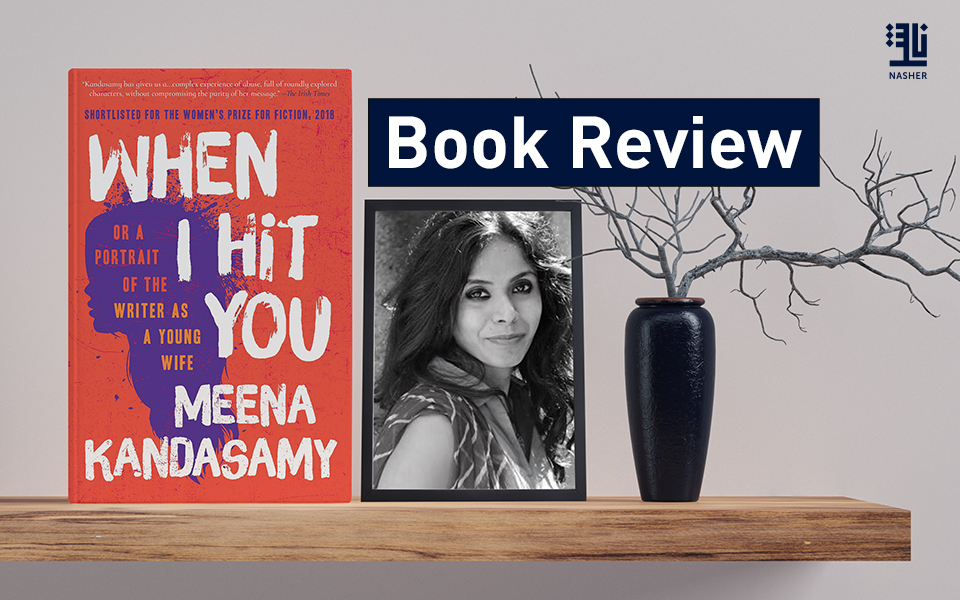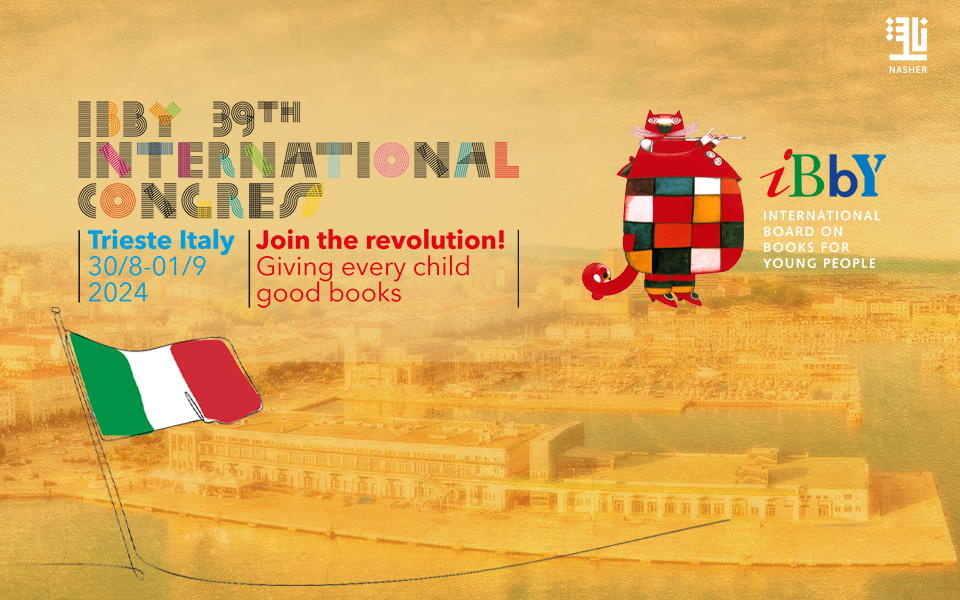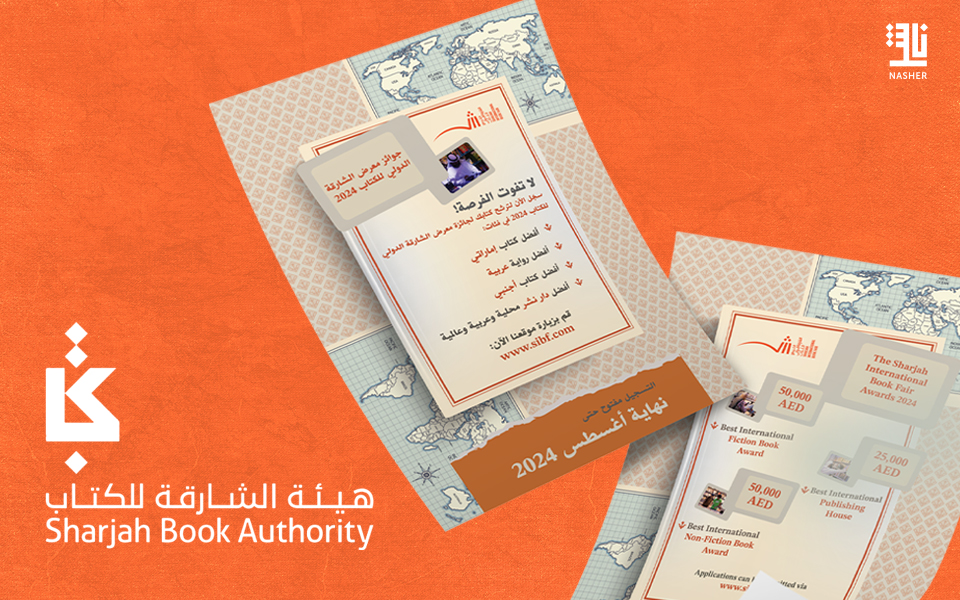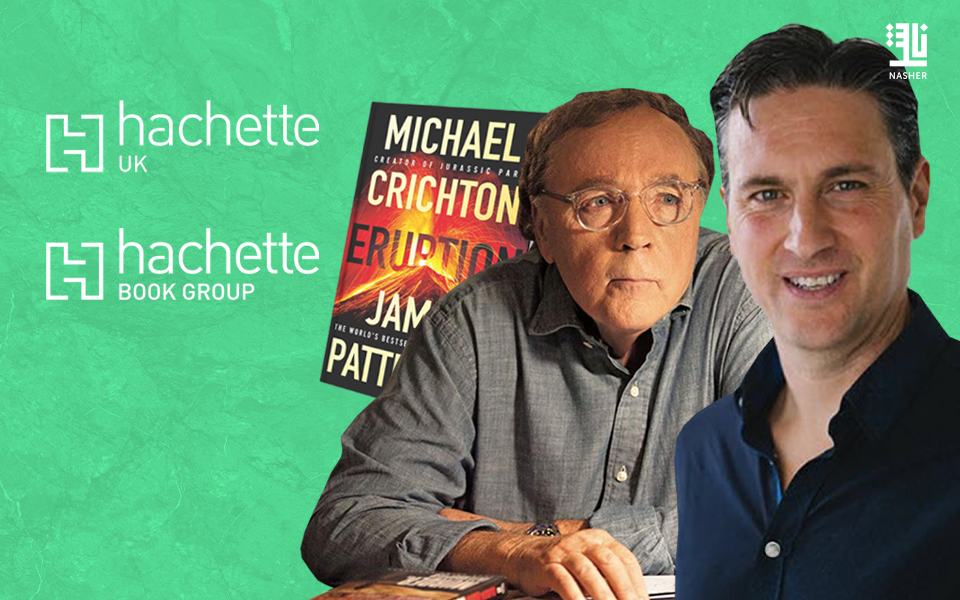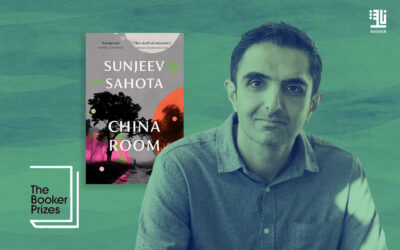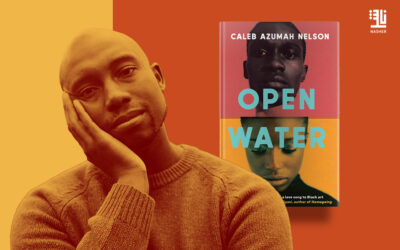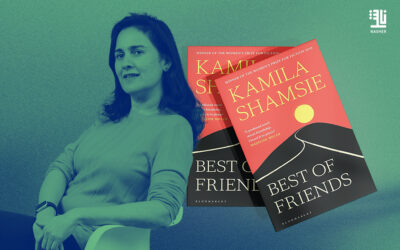Author: Meena Kandasamy
Publisher: Atlantic Books Limited, 2017
Pages: 249 pages
Set in modern India, the novel’s unnamed female protagonist meets a Marxist academic and, after a whirlwind romance, marries him. The story chronicles their four-month marriage, and how she got out of it alive. They move cities for his job, where she is far from her family and friends, has no job of her own, and does not speak the language. So far, so common. But, with its distance from the safety networks of home, family, friends, and colleagues, the new setup hides greater violence. The devices by which she can stay in touch with the outside world are used as weapons to beat her into submission, sometimes literally: her laptop charger leaves red welts, or her email server is wiped, her Facebook account deleted, her calls monitored. Her husband opens, reads, and replies to her messages, signing off with both of their names. It is an emotional and psychological abuse which leaves its victim trapped, and their sense of self erased.
It is a tragic cliché that tales of domestic abuse, told by the women who survive, are always dogged by the question “Why didn’t she just leave?”, which reveals the extent of ignorance on the issue (as well as how widespread it is.
The novel was shortlisted for the Women’s Prize for Fiction 2018, Longlisted for the Dylan Thomas Prize 2018 and Shortlisted for the Jhalak Prize 2018, the eye opening tale of a middle class Tamil woman who is keen to point out that she has experienced no Western-approved stereotypes of Indian drama: “no incest… no Isis, no jihadi boyfriend… no child marriage”. Like the author she is a poet, journalist and a feminist; the men she knows are politicians, students who read Pablo Neruda and Susan Sontag. And the villain of the piece is an educated, cultured brute. “As far left as they came and as orthodox as it was possible to be,” he teaches postcolonial and Marxist theory. When I Hit You: Or, A Portrait of the Writer as a Young Wife – based on the author’s own experiences of marriage – is a very of-the-moment story of domestic abuse.
The narrator’s husband says writing articles about female sexuality in English is pandering to “vulgar imperialist culture”. He deletes every email she has ever received to “set [her] free”. He forbids her from writing poetry about his abuse because it will create a “material basis” which their relationship cannot transcend, then writes his own dreadful poems about abusing her as his own therapy. The title of the book comes from one his poems called When I hit you, Comrade Lenin weeps. And when the narrator finally begins standing up for herself, he rapes her every night. “I bring myself to believe that there can be smoke without fire, even if that smoke blinds me and makes my eyes stream with tears.”
Yet hope keeps her alive. Writing becomes her salvation, a supreme act of defiance and, as the subtitle suggests, the novel is also about the act of writing itself and the way that fiction and stories can help you escape.
The novel explores South Indian culture, and not many would have been aware of the strong Marxist and communist leanings in certain regions of India. We see political ideology being used by the narrator’s husband to justify abuse, and how he twisted Marxist feminism to suit his agenda in dismantling his wife’s identity, gradually assuming control over every aspect of her life, her appearance being one of many battlegrounds:
“Don’t expect that you will one day earn the trust of the working-class women if you strut around with your lipstick and handbag. They will mistake you for a prostitute.”
(…) He tells me I am the victim of a cosmetics industry trying to sell me back the confidence it has stolen from me (…) I throw my lipstick in the bin.
The novel opens with the notion of storytelling, how others can “steal” our stories and the importance of telling your own narrative. Kandasamy begins the novel with the protagonist’s mother’s story of her daughter’s escape, in which the parents are the heroes, tending to their daughter’s cracked, dirty feet and lice-addled hair with care and patience until she is humanised again. The parents’ narrative features at the end of the novel also, book-ending the narrator’s experience in the middle. Appending her parents’ narratives is the narrator’s voice, reminding us that this is her story to tell:
(…) I am reluctant to allow my mother’s story to become the Standard, Authorised, King James version of my misadventures in marriage. Much as I love my mother, authorship is a trait I have come to take very seriously (…) I need to stop this, before my story becomes a footnote to a story about lice infestation (…) I must write my story.
Though a harrowing story, Kandasamy’s writing is also funny, tender, and lyrical. When I Hit You is smart, fierce, and courageous. It is an interesting read but not a compelling one, you would be glad to have read it yet without much joy or being involved in the book. As a reader you struggle to connect with the characters and even the narrator, possibly because they are all unnamed or the fact that the narrator doesn’t give us enough details about them. Therefore our rating would be a low 2 out of 5.
Meena Kandasamy is a poet, fiction writer, translator, and activist who lives in Chennai and London. She has published two collections of poetry, Touch and Ms. Militancy, and the critically acclaimed novel, The Gypsy Goddess. This is her second novel.

